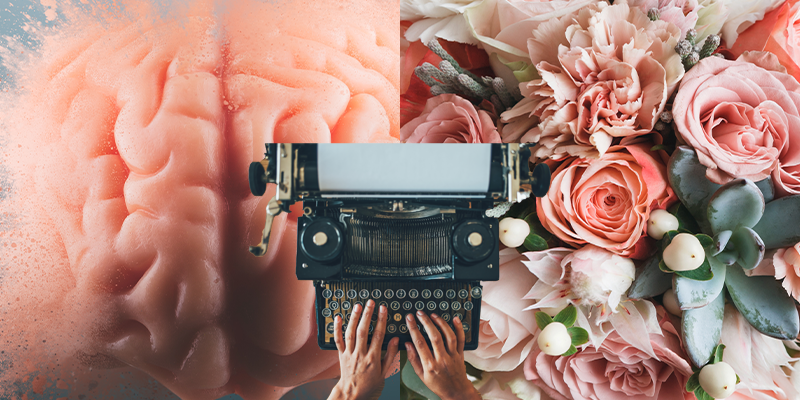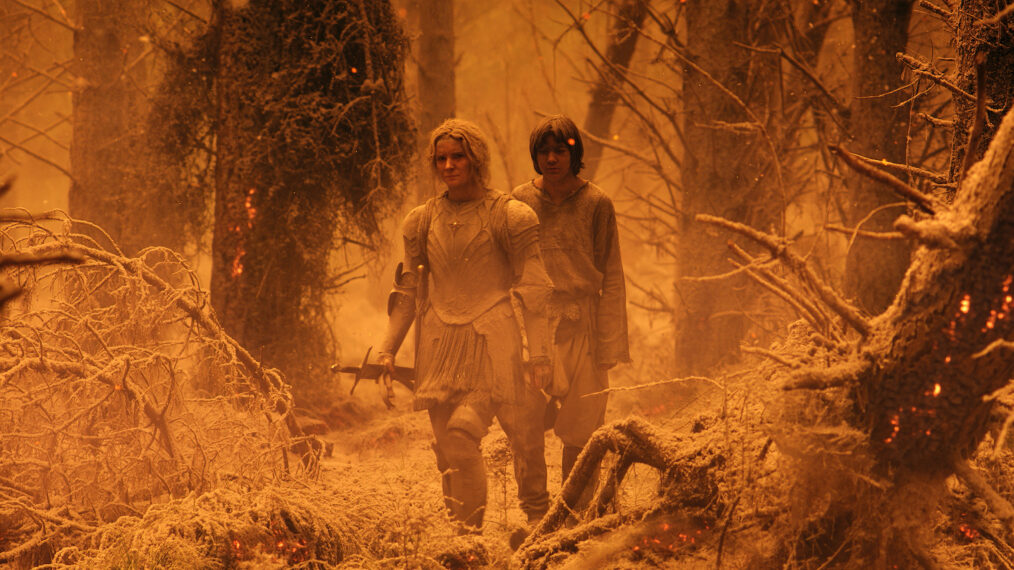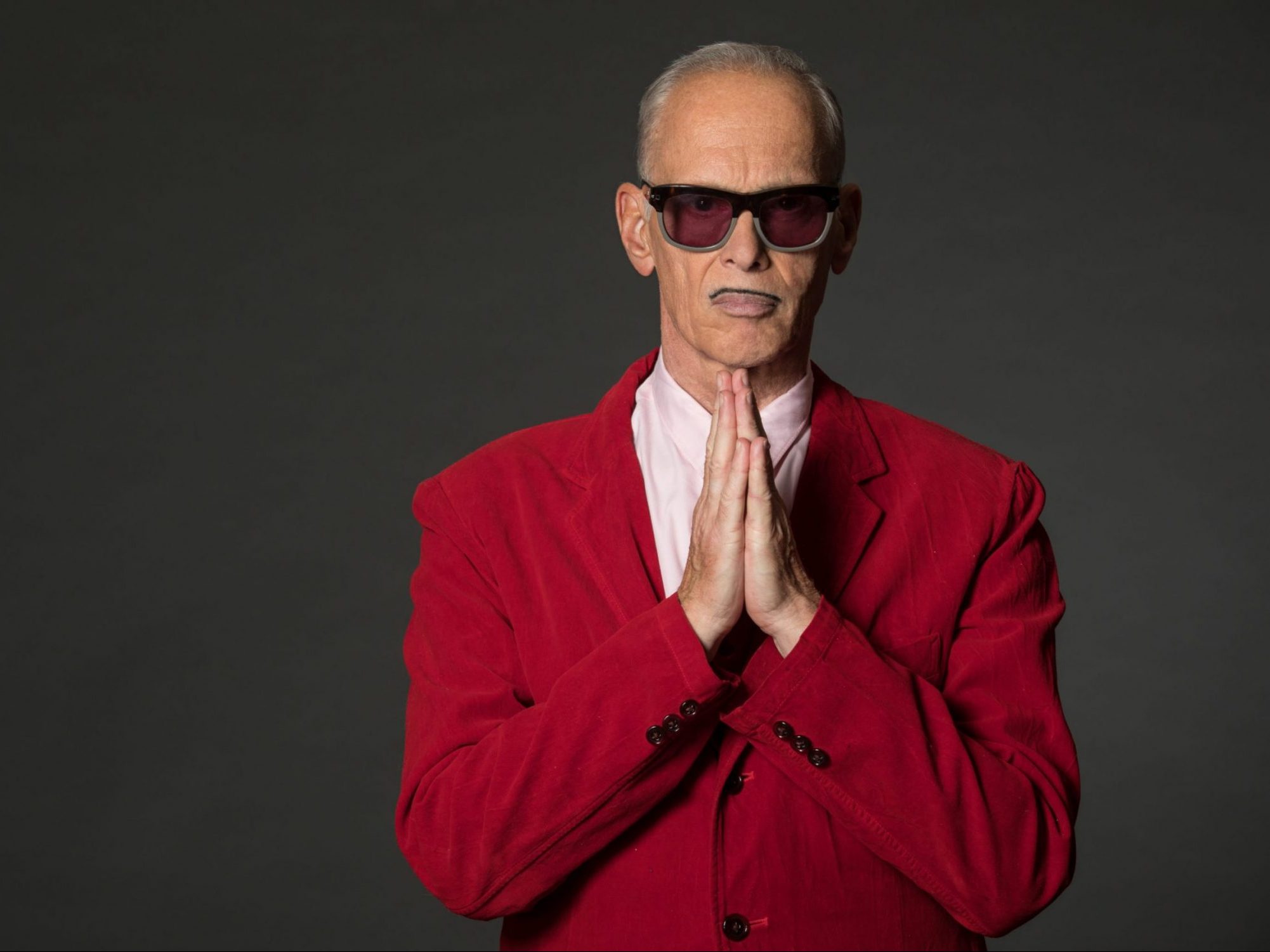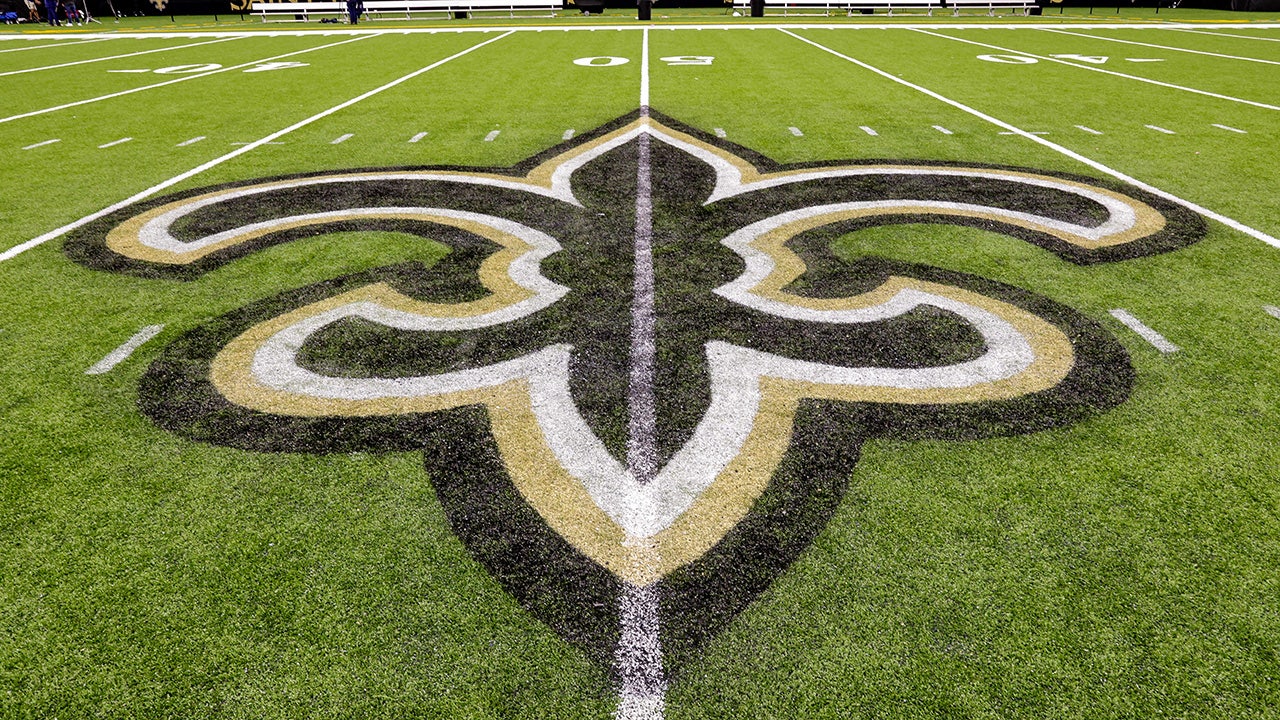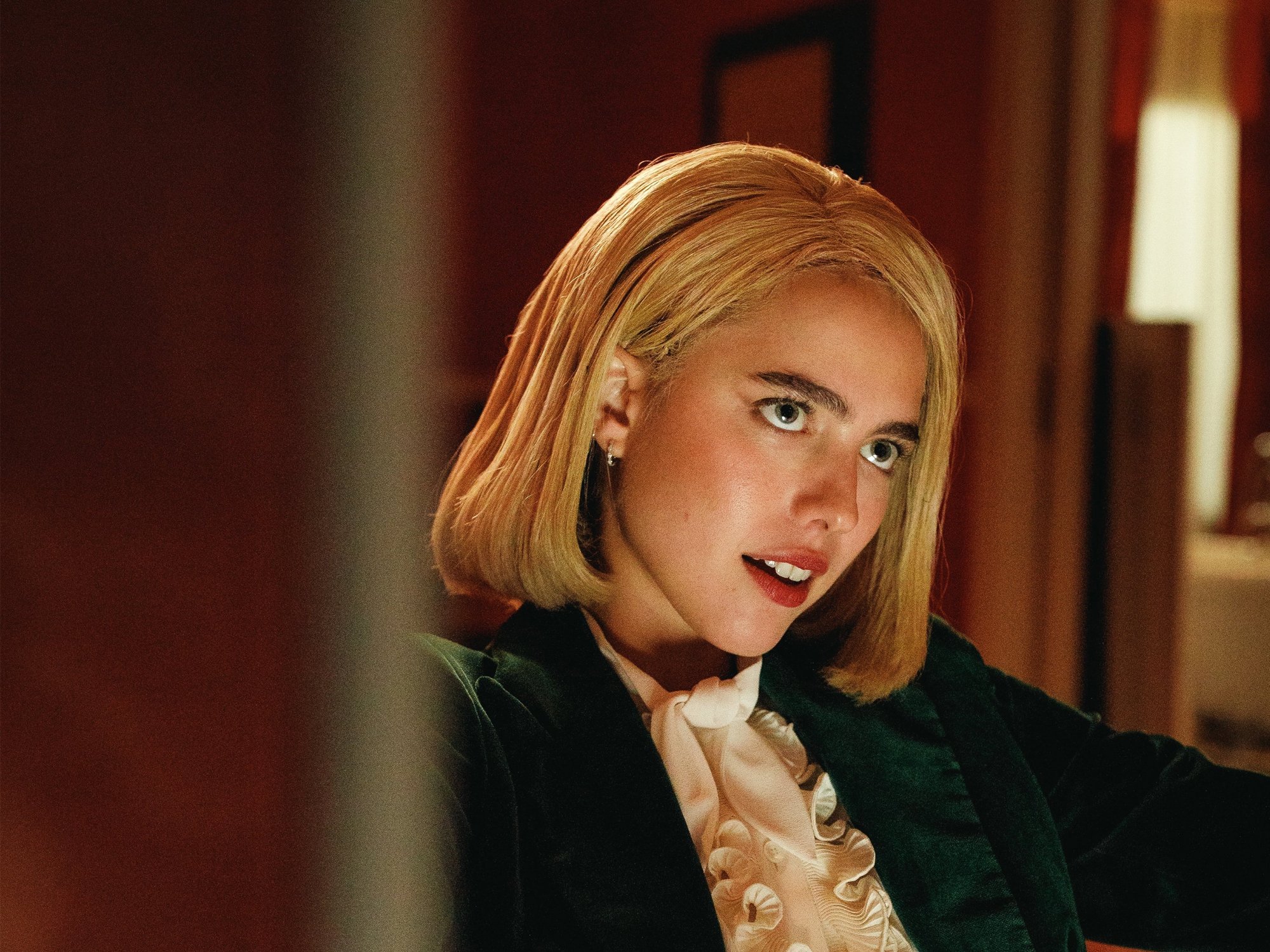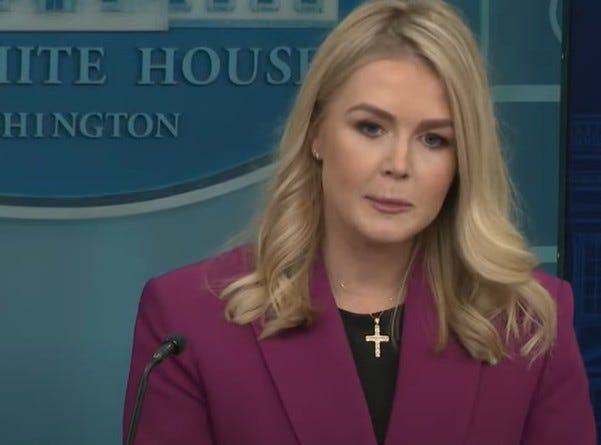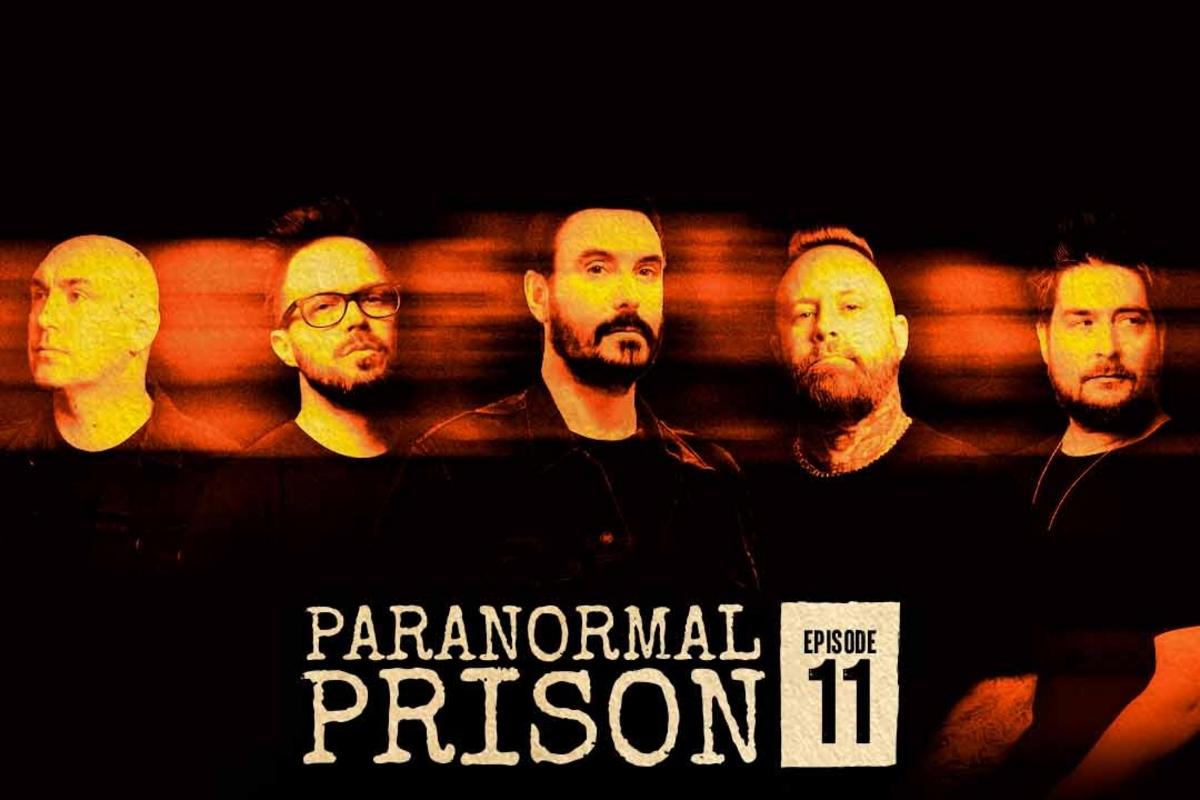Welcome to Life Advice for Book Lovers, Lit Hub’s advice column. You tell me what’s eating you in an email to deardorothea@lithub.com, and I’ll tell you what you should read next.
*
Dear Dorothea,
I’m usually such a good reader—and I love to read. On any given day, my absolute favorite thing to do is browse around a new bookstore or settle in with a new novel at a coffee shop near my house. But—I just can’t focus anymore. I don’t know why. I can think of a few reasons (stress? Who’s not stressed these days), but the end result is, my mind is spinning, my attention is scattered, and I’m having so much trouble concentrating on pretty much anything. Can you recommend some good fiction reads for someone whose attention span is suddenly and inexplicably totally gone? HELP!
From,
Broken Brain
Dear Broken Brain,
Oh, you are not alone! Thank you for your question, one that I think we’re all grappling with in some way or another.
One of the most gripping books I’ve read in recent memory is Sequoia Nagamatsu’s How High We Go in the Dark. It starts when an Arctic plague is unleashed (hello, pandemic meet climate change!) and leapfrogs into different lives as it explores the aftermath. It’s a novel in stories, which might help with the shifting sands of your attention span. Characters reappear, but you don’t strictly follow the same people, which is refreshing. Sequoia Nagamatsu has you reorient yourself at every section break. And when characters do bob back up to the surface, it’s like finding an Easter egg. Actually, in this way, it almost feels like he’s training your mind to stay nimble enough to find the connections.
I realize the topic may sound bleak—and there are certainly sections that weigh heavy on the heart—but there’s also an awful lot of hope in these pages. I think it might be what you’re looking for.
Because I can’t resist an excuse to shout out a short story collection (the restless reader’s friend), I’m also going to say: Aimee Bender’s The Girl in the Flammable Skirt because its premises and language are so weird that you have no choice but to pay attention. And it’s short (you’ll feel accomplished).
Also, I know you asked for fiction, but if you ever felt inclined to visit with its more hard-edged cousin, Jenny Odell’s How to Do Nothing: Resisting the Attention Economy is like a lighthouse beam in the fog.
Happy reading,
Dorothea
*
Dear Dorothea,
I’m getting married next year! This is mostly exciting, but comes with its attendant anxieties: our families are quite different and have never met, important family members might be missing (complicated estrangement), I loathe the performative aspect of weddings, and I’m also (gasp) a divorcée. I’m expecting a multitude of feelings. Forget color themes and floral arrangements: what should I be reading?
Yours,
Betrothed Bookworm
Dear Betrothed Bookworm,
Firstly, congratulations!! You’ve found something rare and wonderful in this world, and I’m honored that you’d share your happiness with us here at Lit Hub in this small way!
Of course, there is no shortage of wedding novels. But so many of them (at least the ones that I’ve read) are either tragedies or comedies of error—neither of which I want to recommend to you now. (Though there is a very good short story in Raphael Bob-Waksberg’s Someone Who Will Love You in All Your Damaged Glory called “A Most Blessed and Auspicious Occassion” which explores the complete absurdity of wedding preparations. It’s by the creator of BoJack Horseman, so you know it’s funny until it cuts. But this one really is an upper! You, who hates the performative song and dance of it all, will love it.)
Now I’m thinking of all the great portraits of a marriage I’ve seen painted in literature. They can be a depressing bunch. What’s that Tolstoy quote? “All happy families are alike.” A consistently happy marriage novel would be so boring. I know you know the nuances of a marriage, and that it’s not all sunshine all the time, but it seems cruel to recommend anything but happiness.
So instead I will reach for another short story—one of my personal favorites—that I think is love, distilled. It’s called “The First Person” by Ali Smith, from her collection by the same name. The whole book is great, but this one is exactly what you need right now. Here:
You’re not the first person who was ever wounded by love. You’re not the first person who ever knocked on my door. You’re not the first person I ever chanced my arm with. You’re not the first person I ever tried to impress with my brilliant performance of not really being impressed with anything. You’re not the first person to make me laugh. You’re not the first person I ever made laugh. But you’re the one right now. I’m the one right now. We’re the one right now. That’s enough, yes?
It’s tender in its banter between the lovers. It’s riveting in its immediacy. It’s encouraging of second chances.
Love love love,
Dodo















































